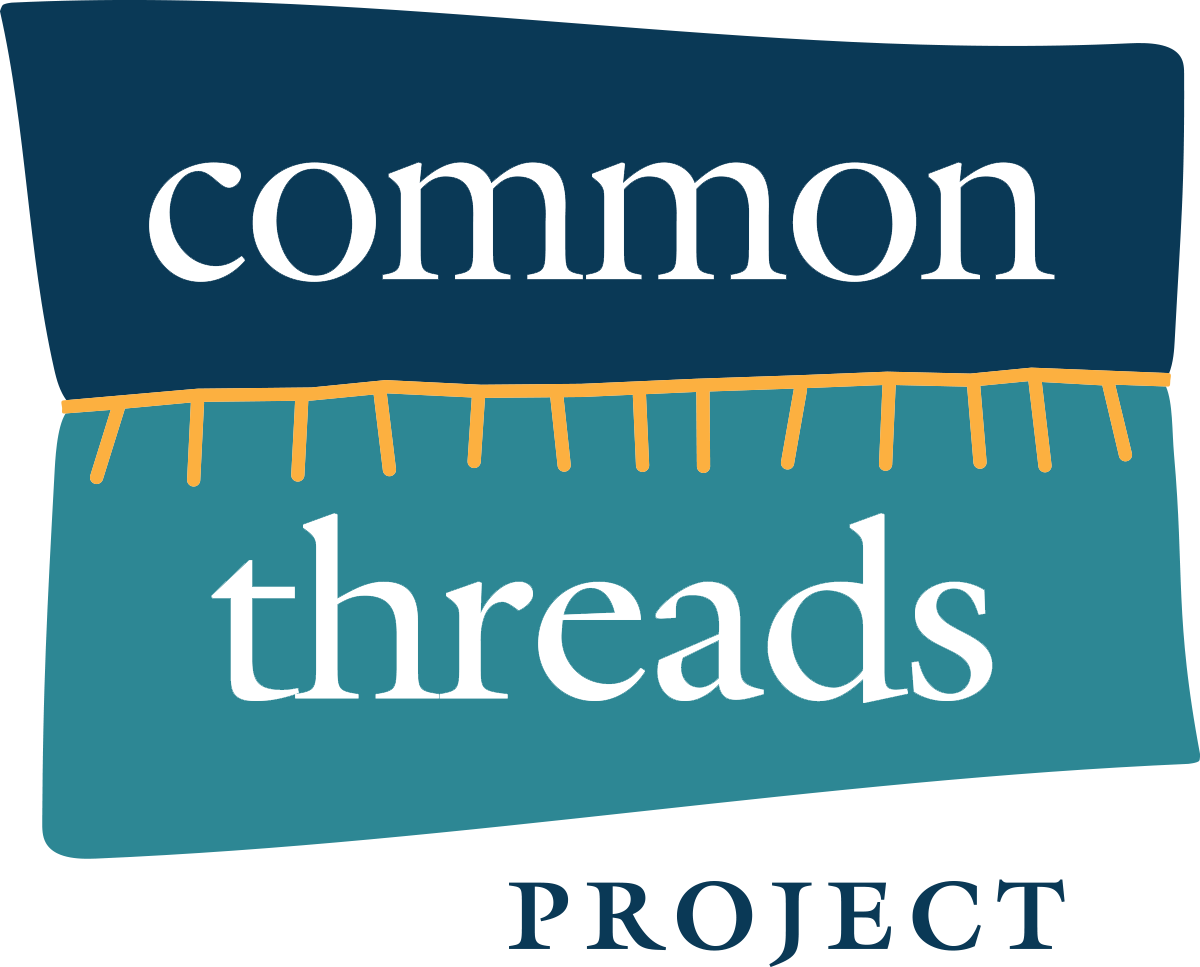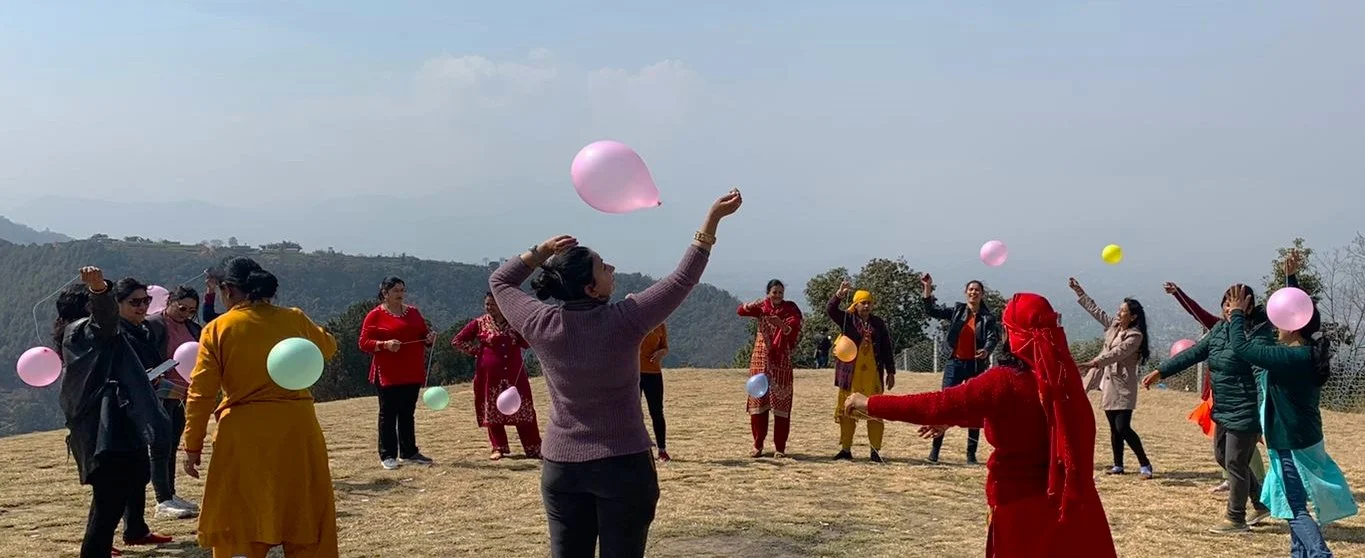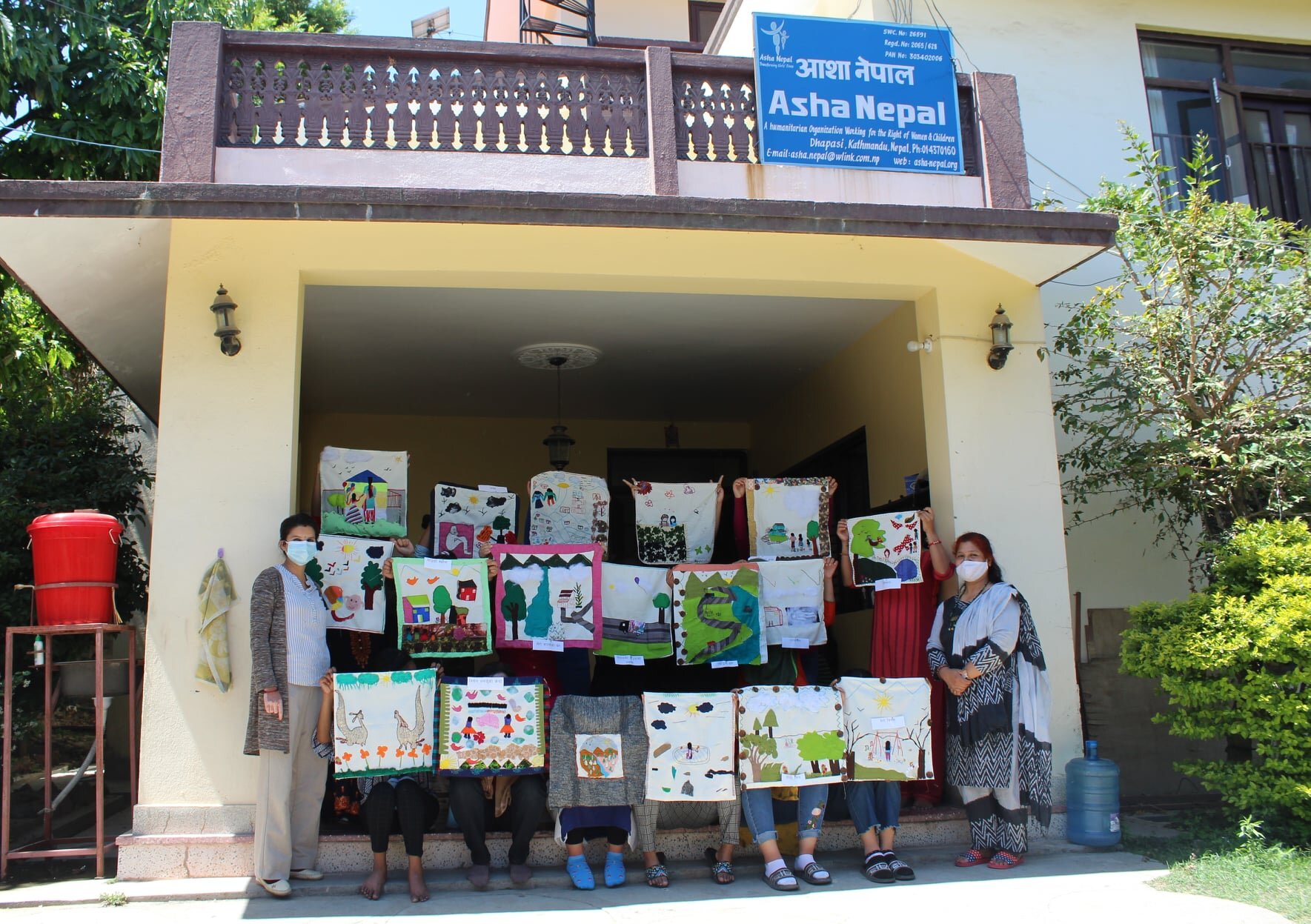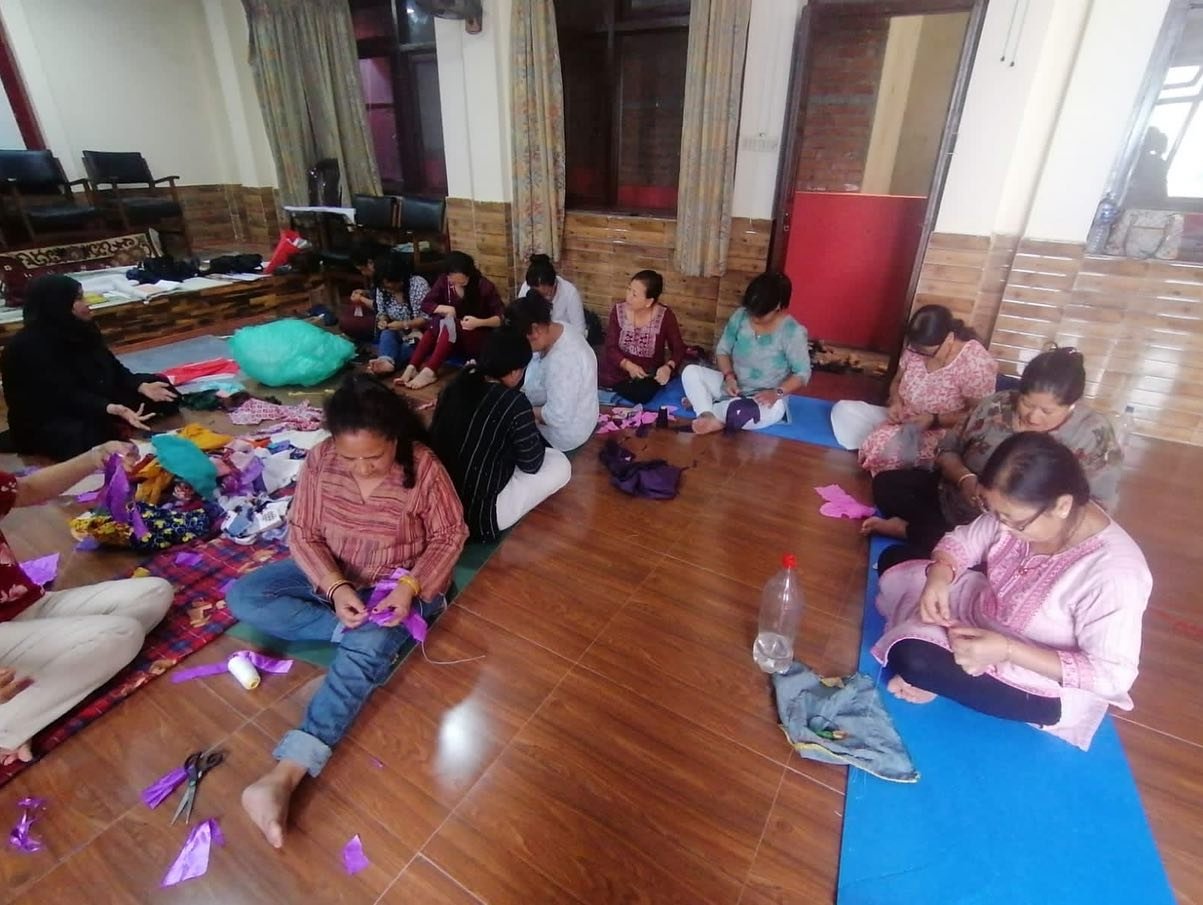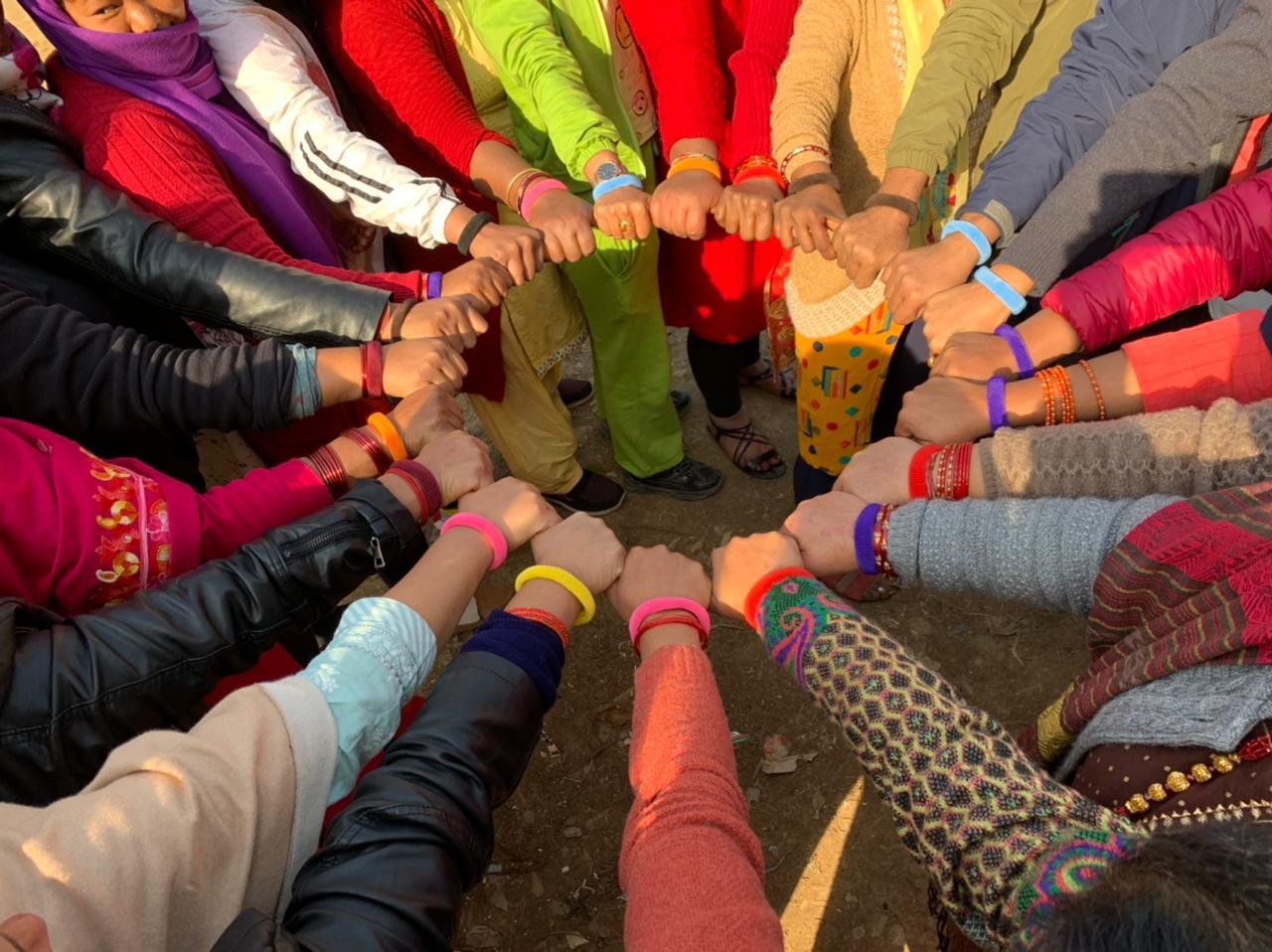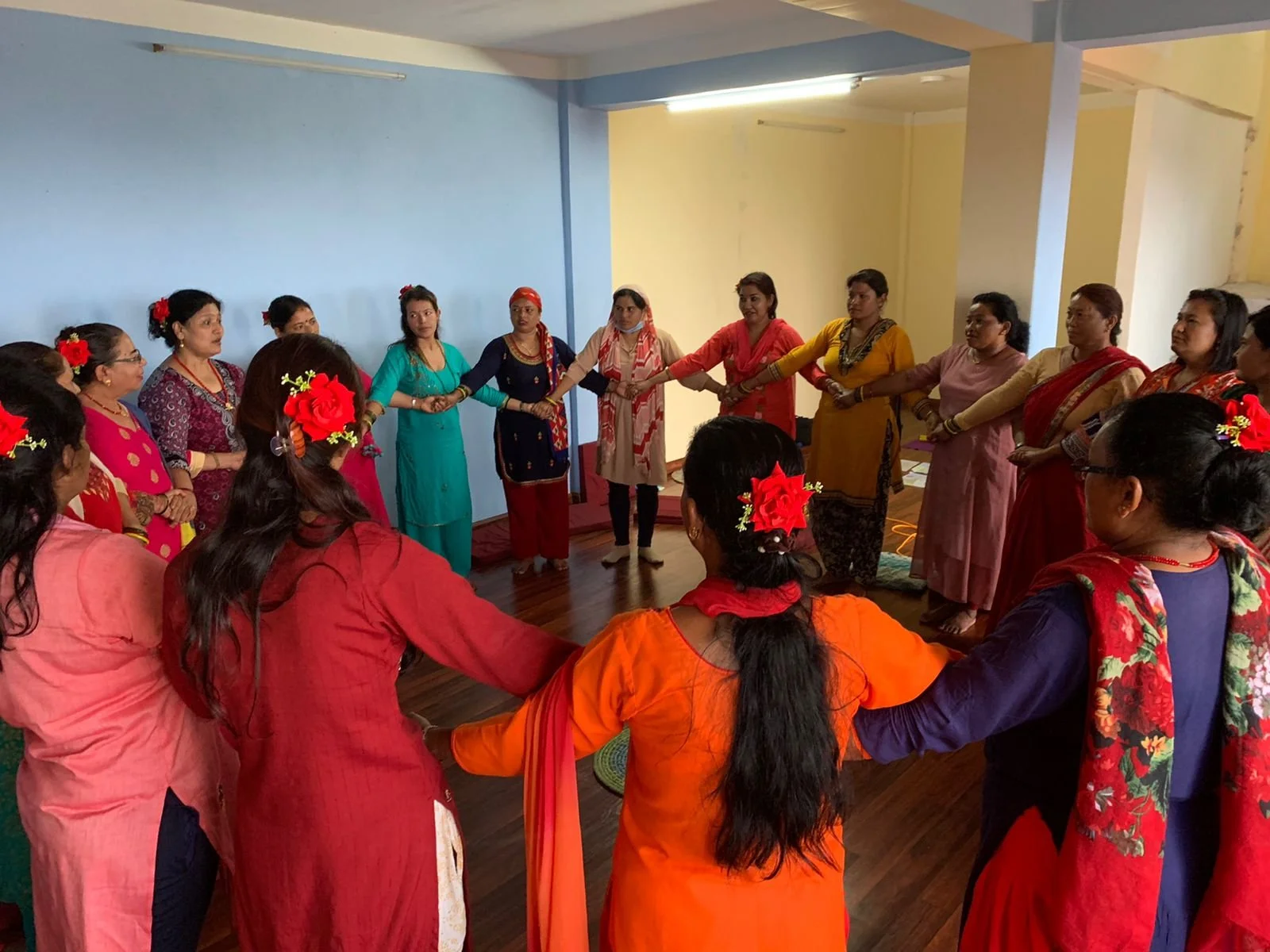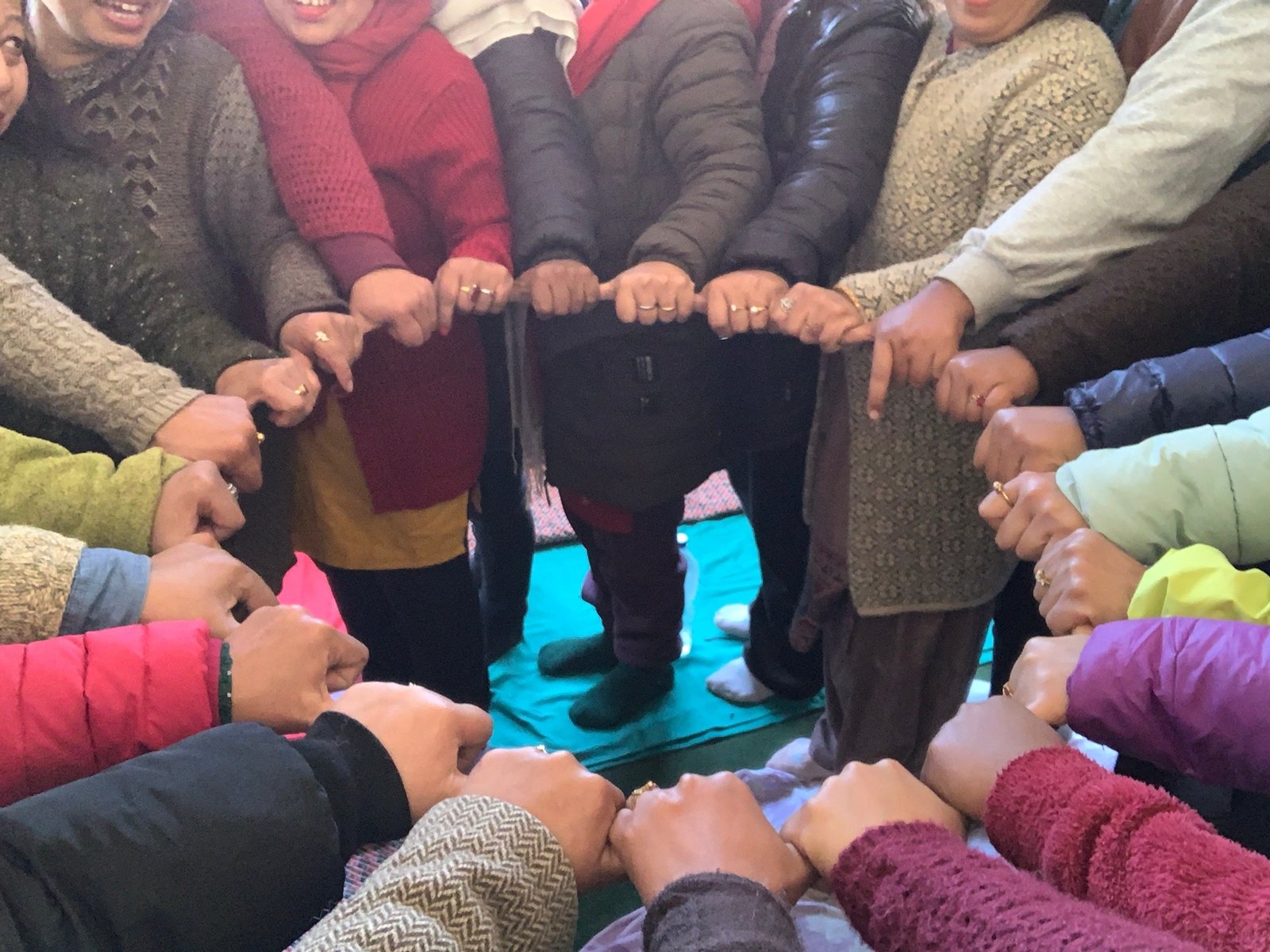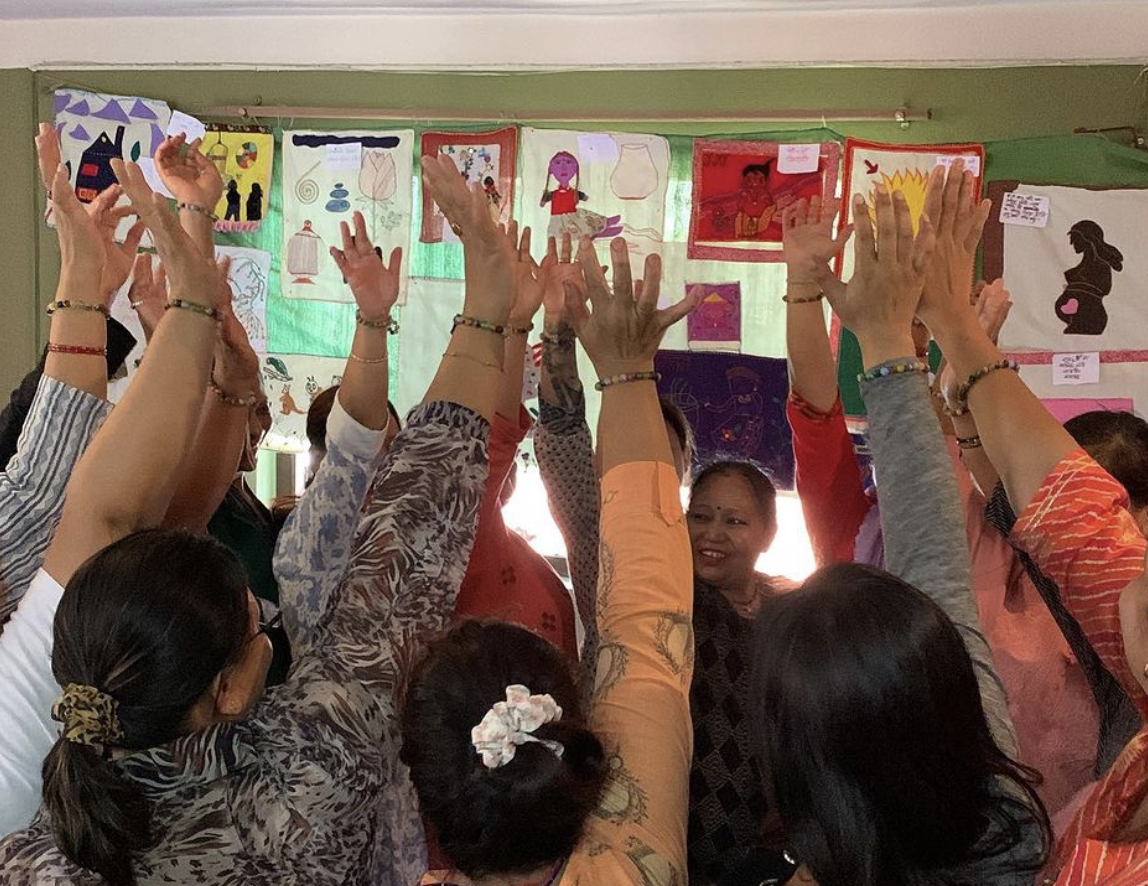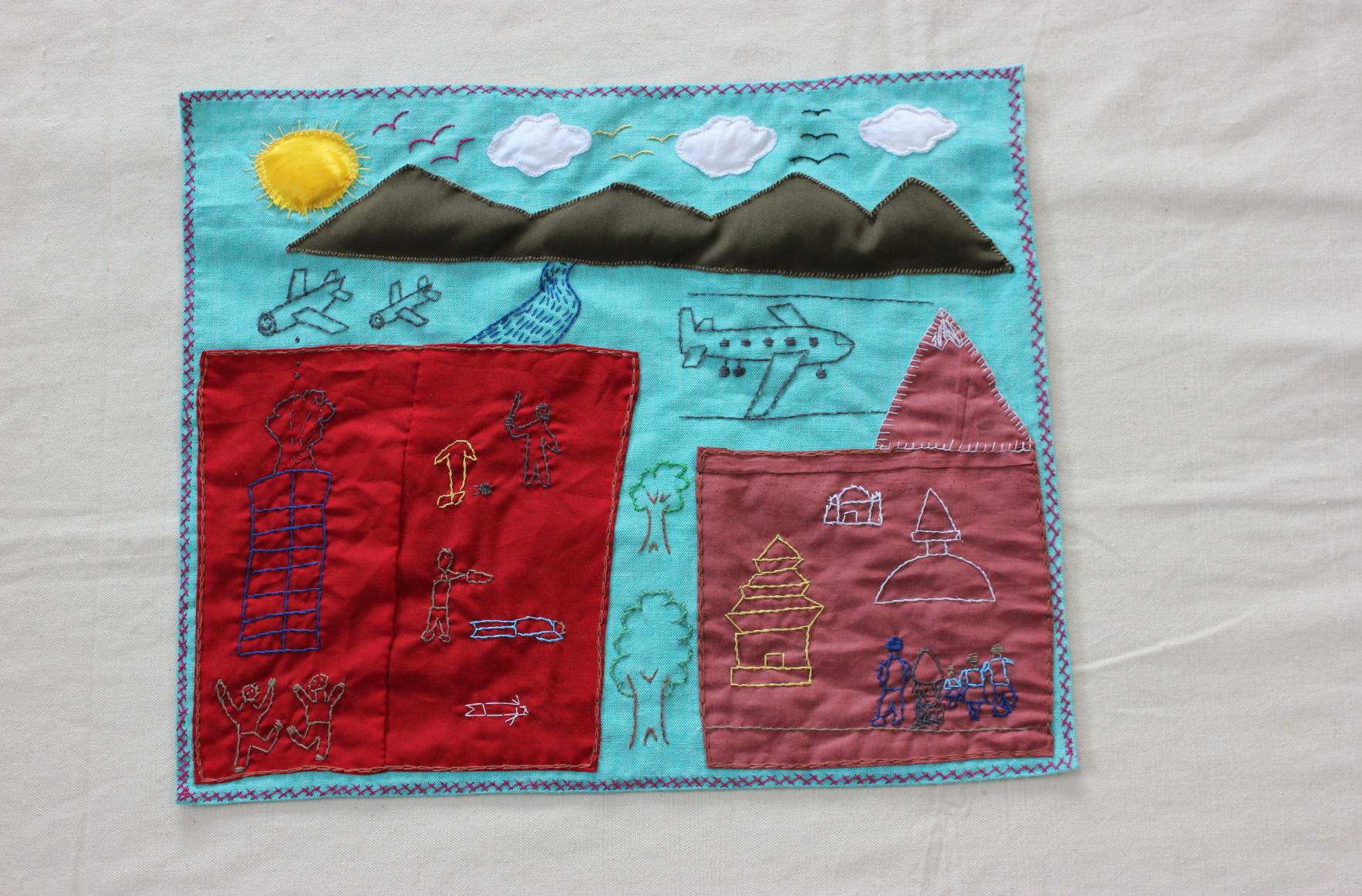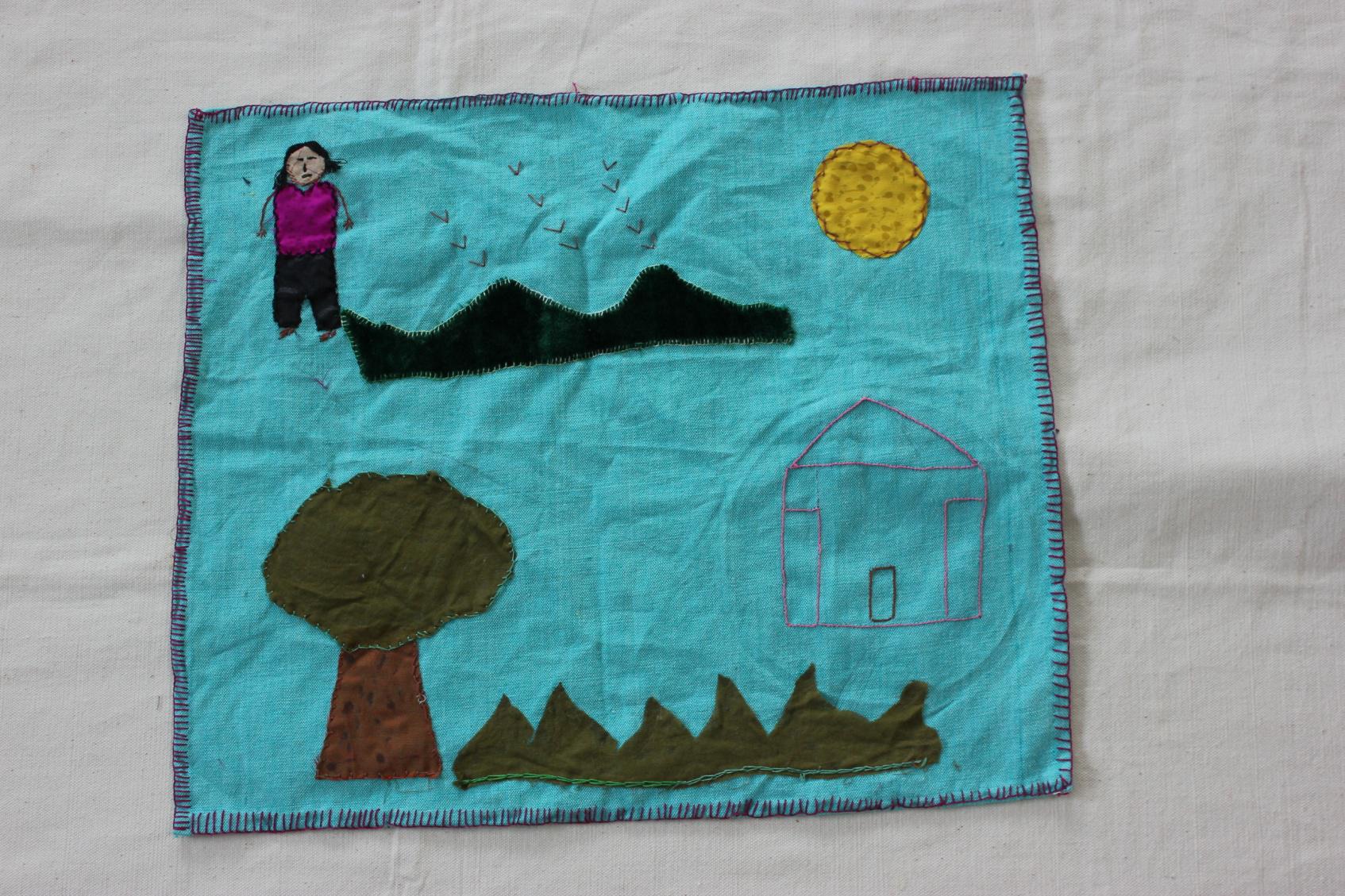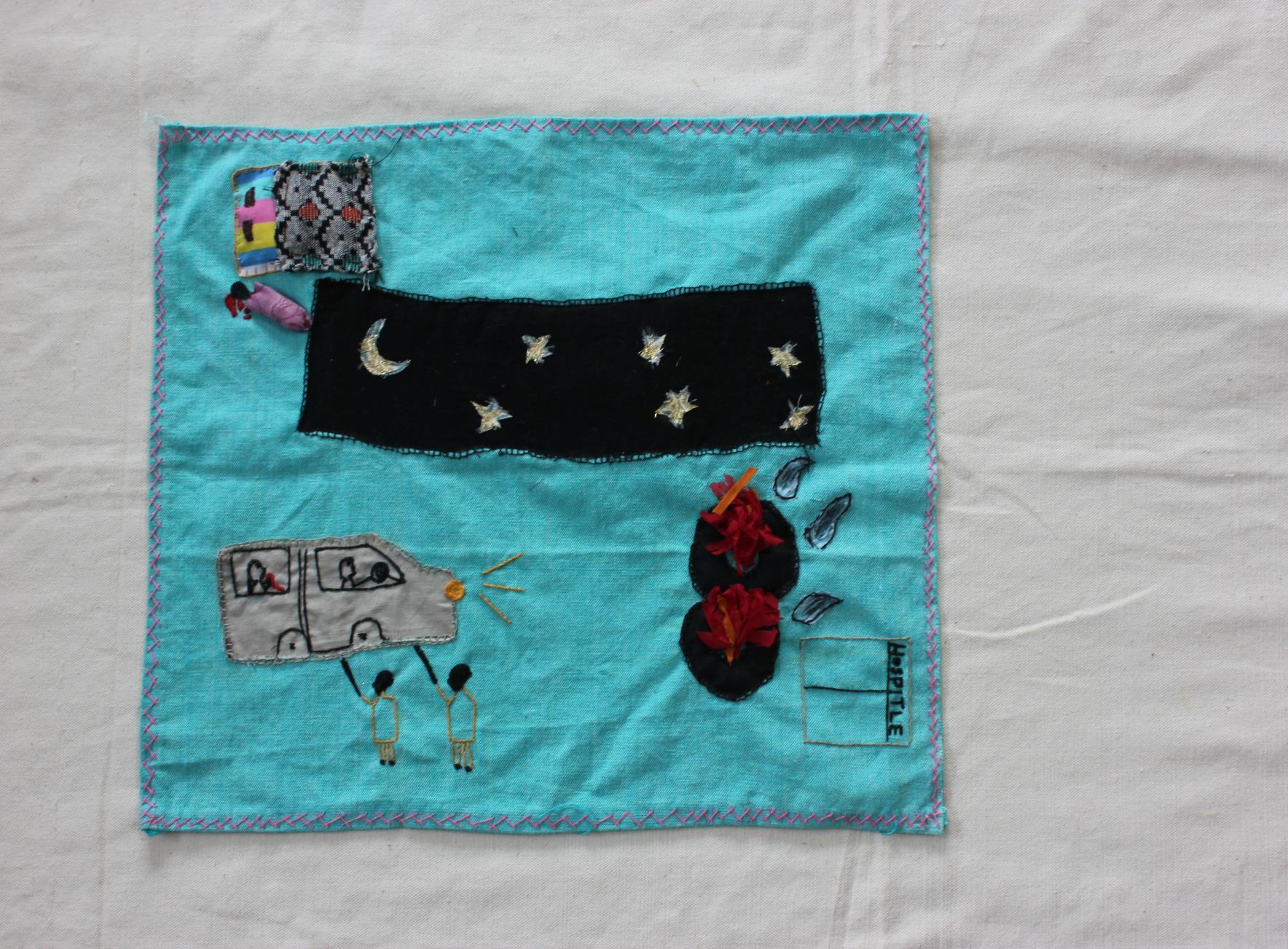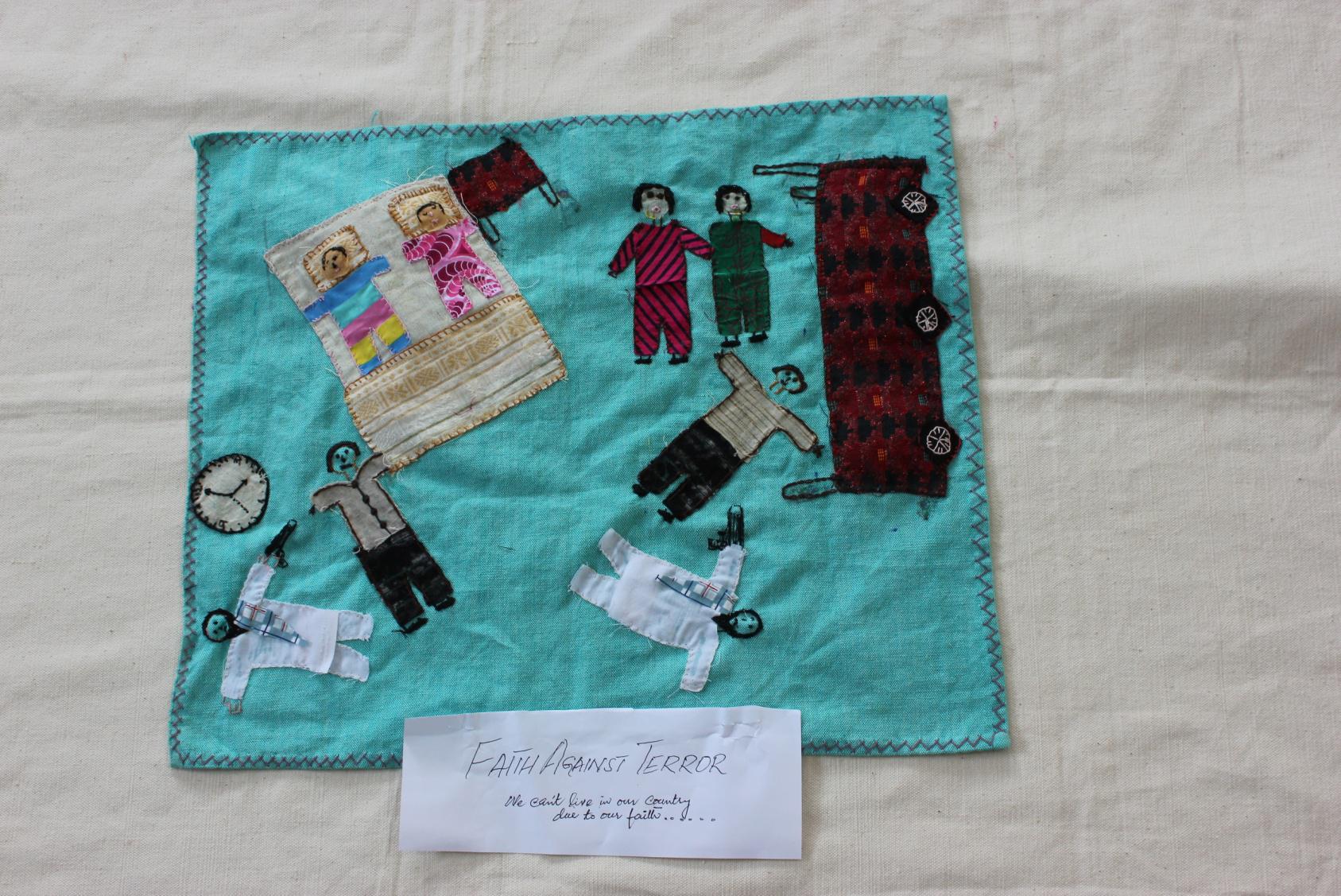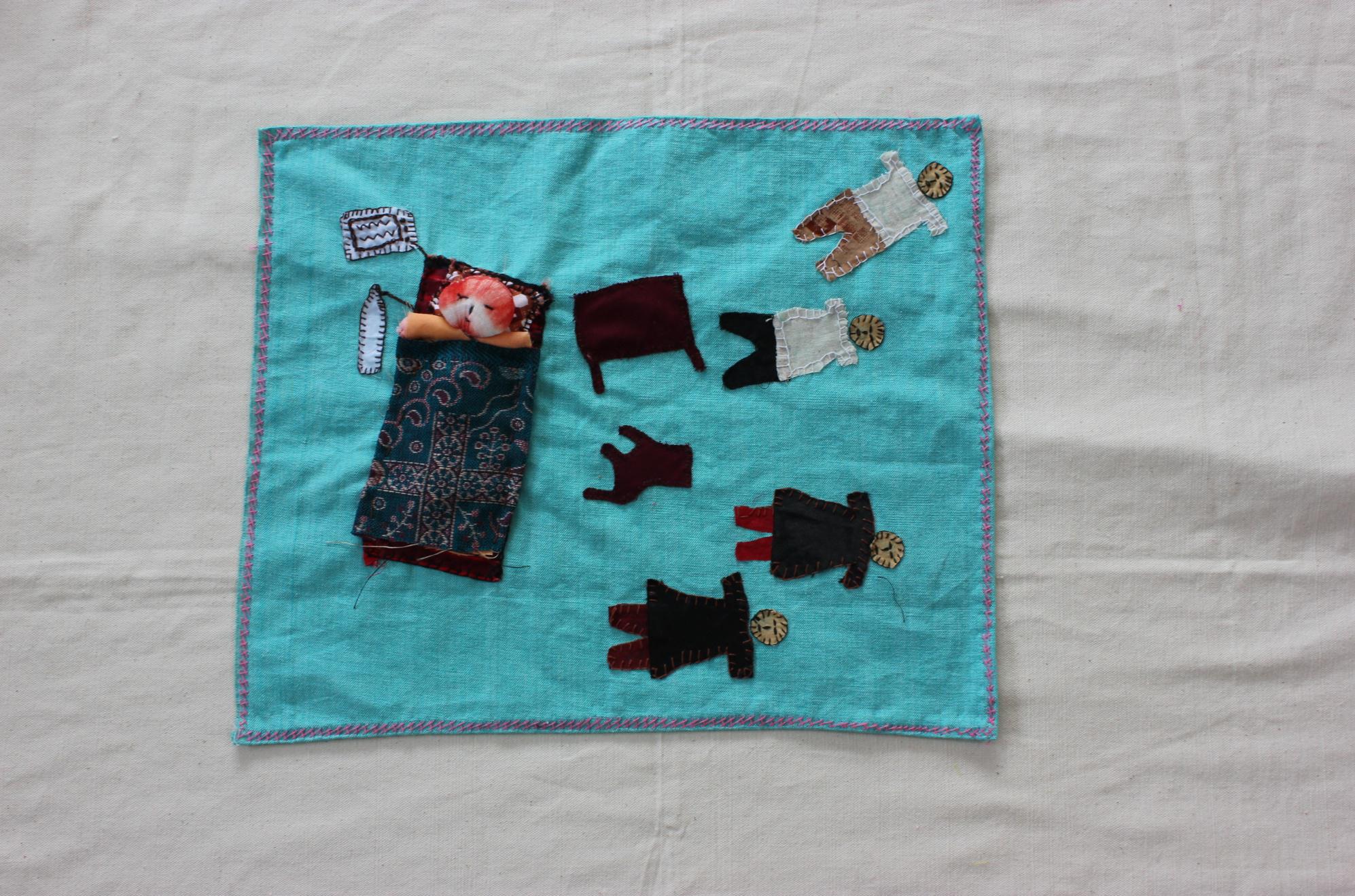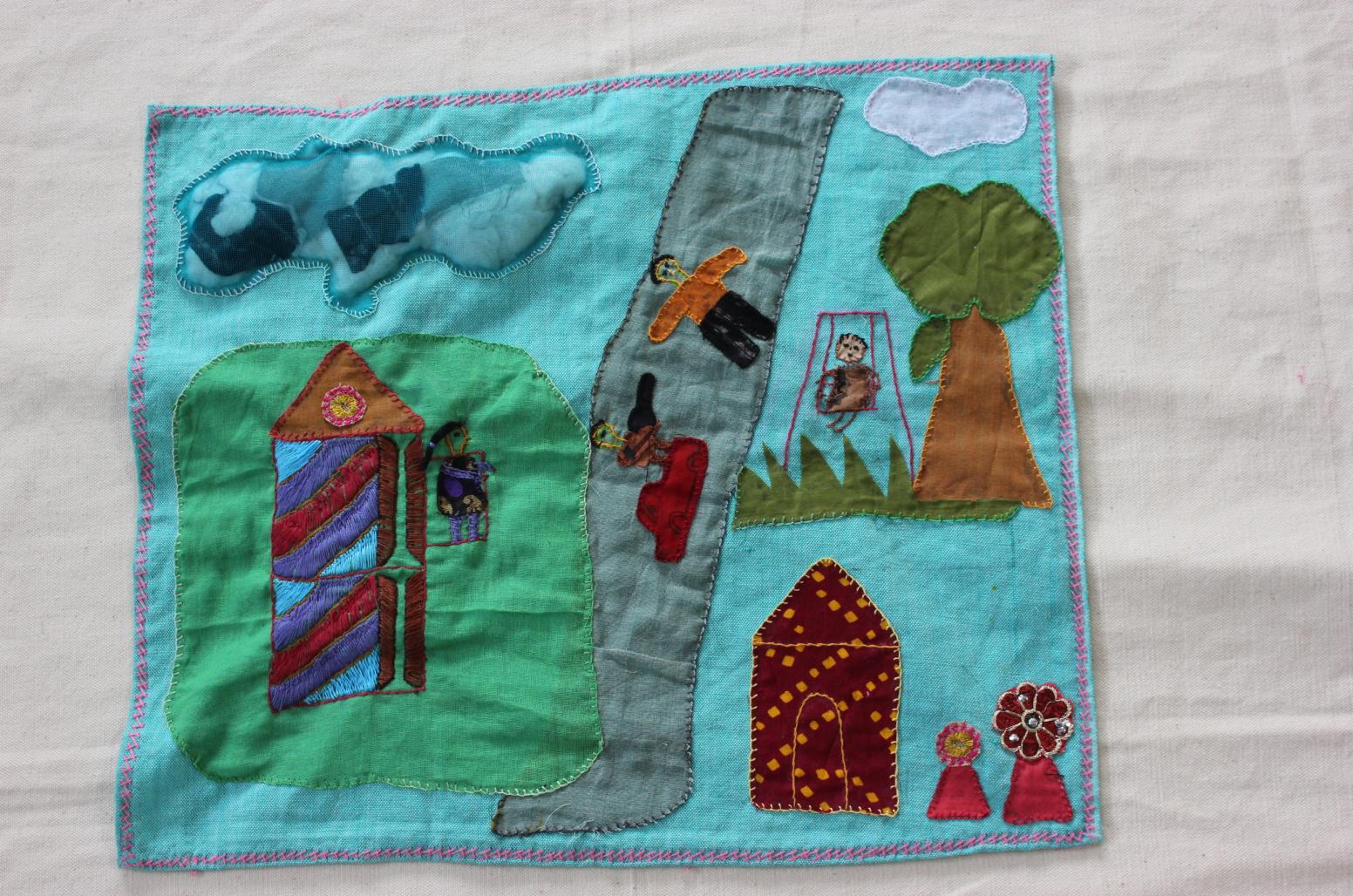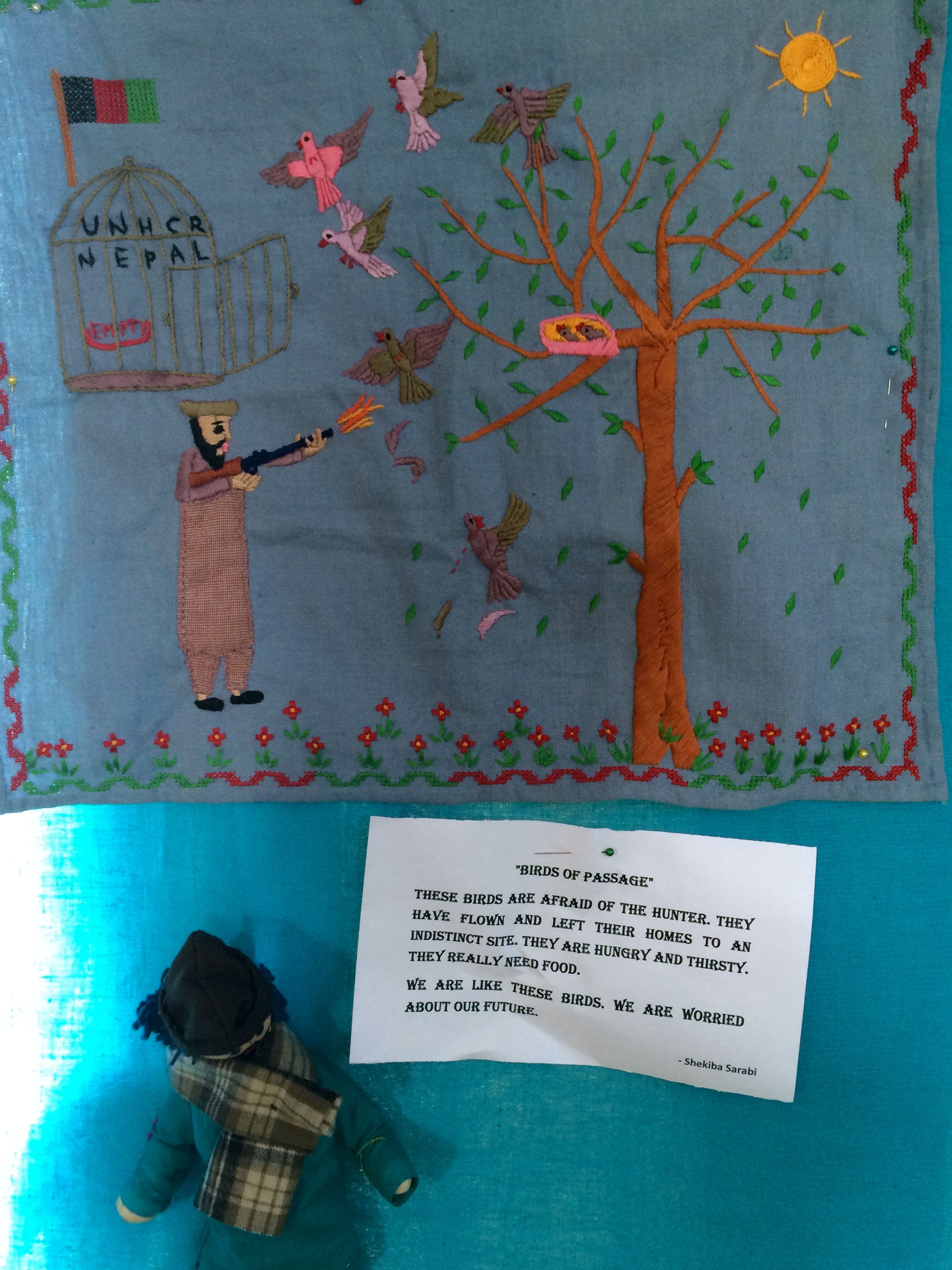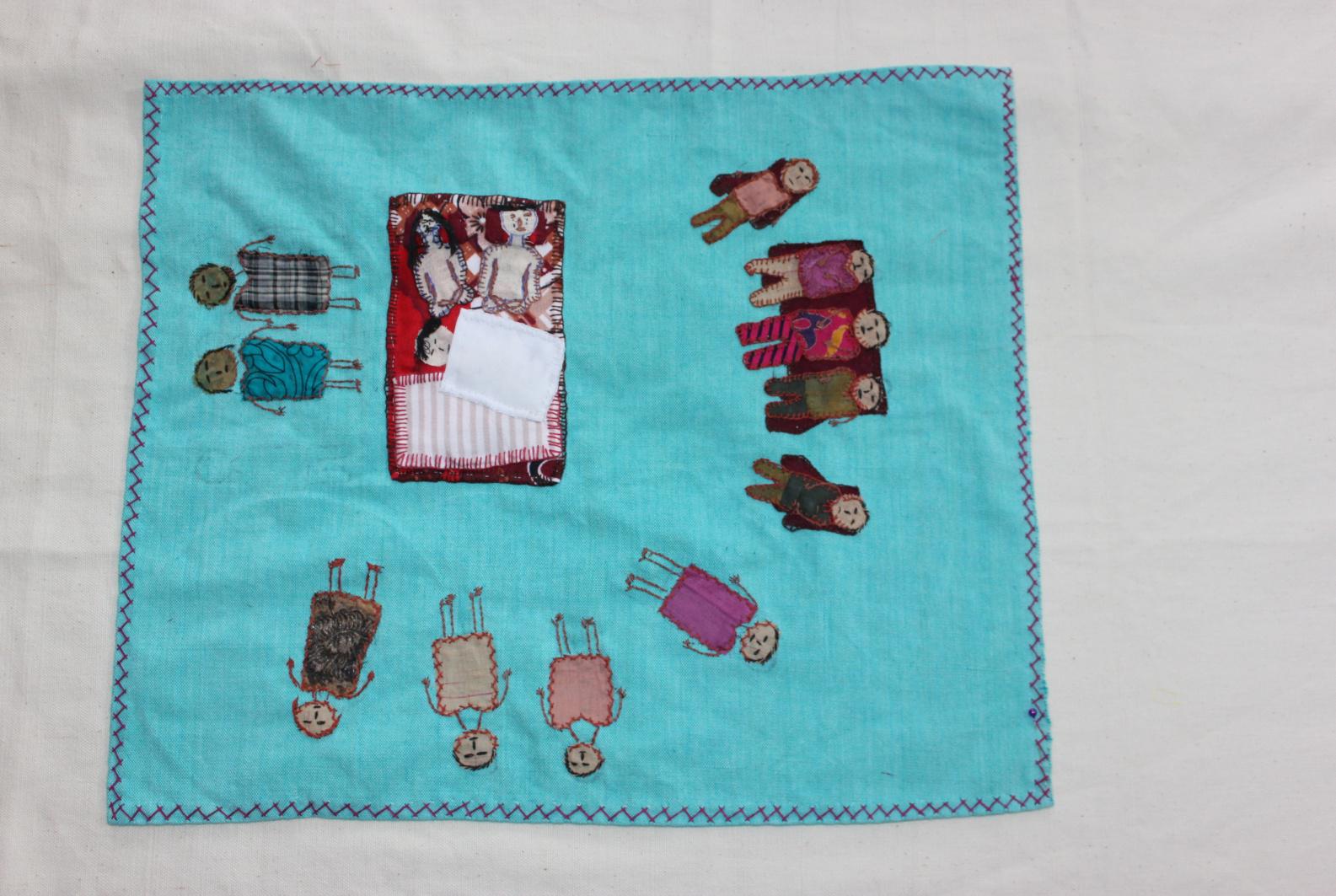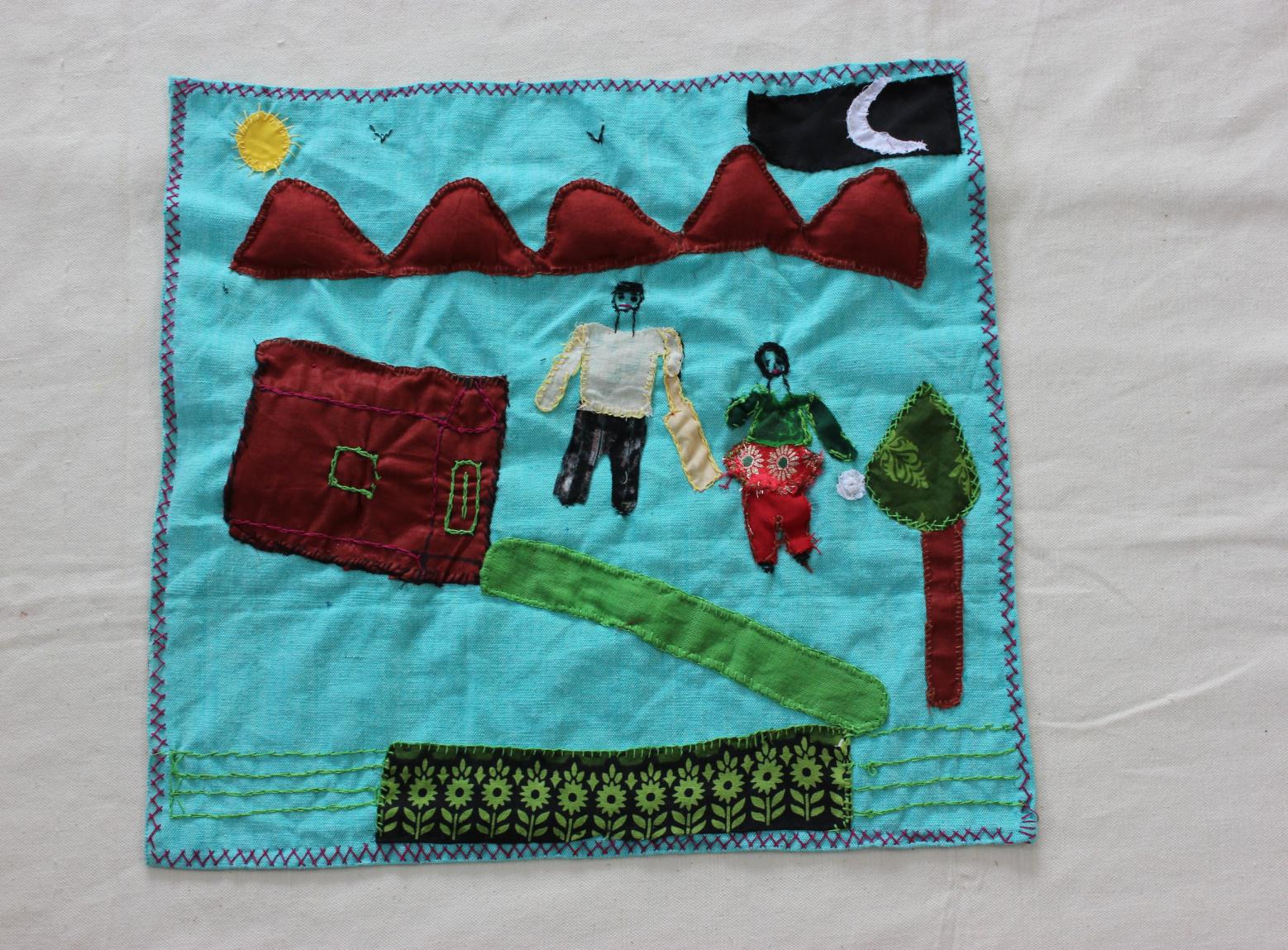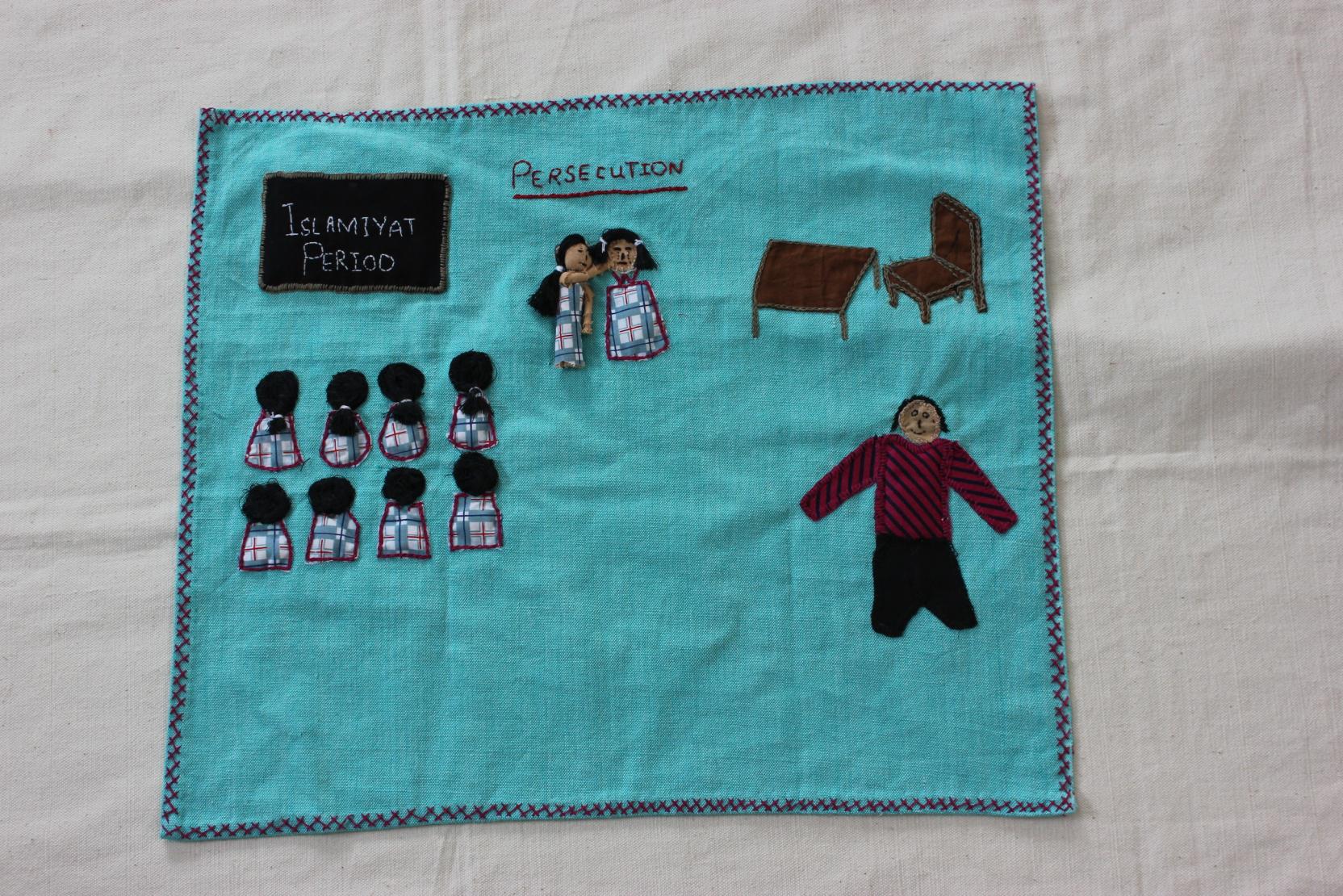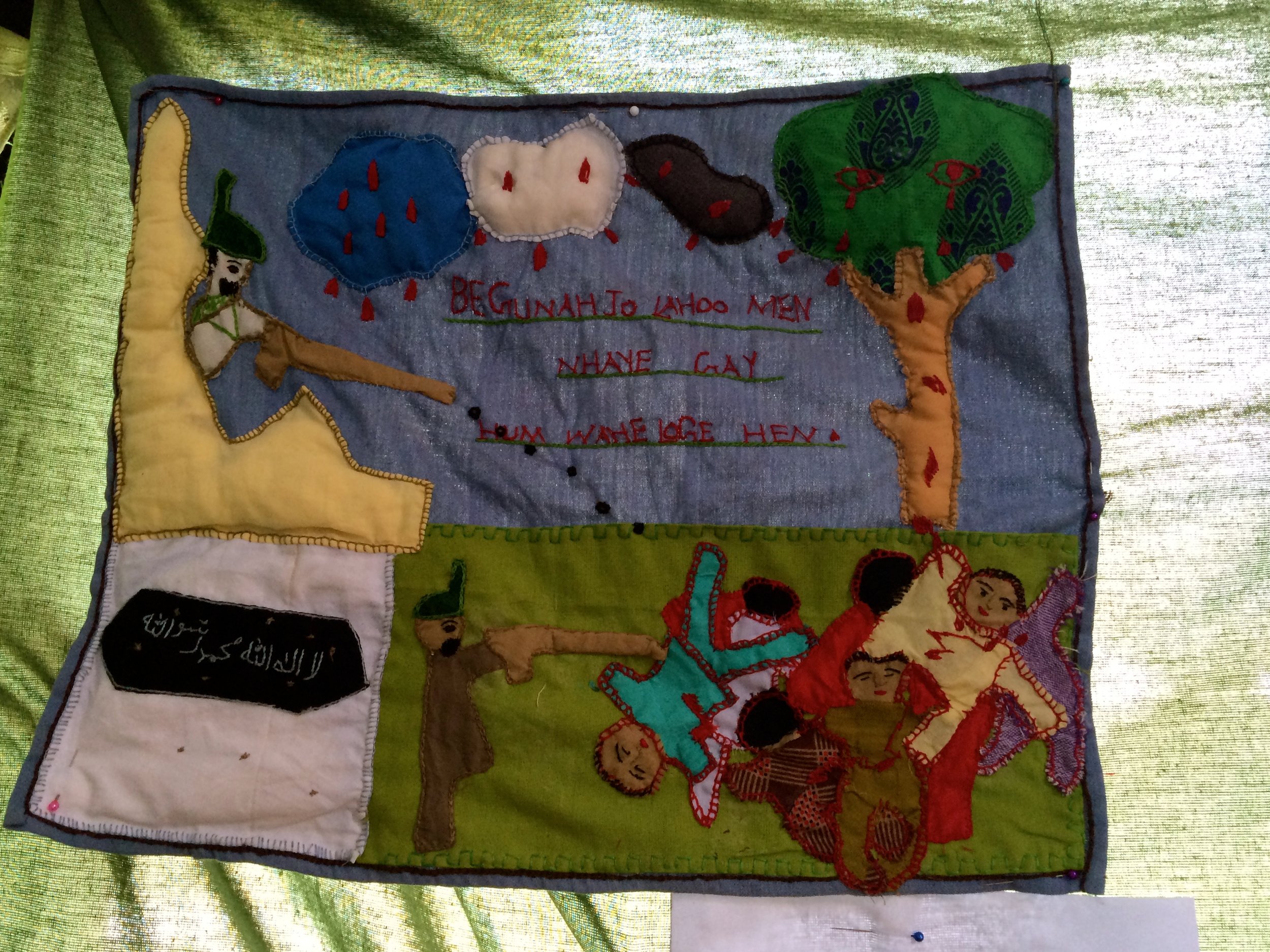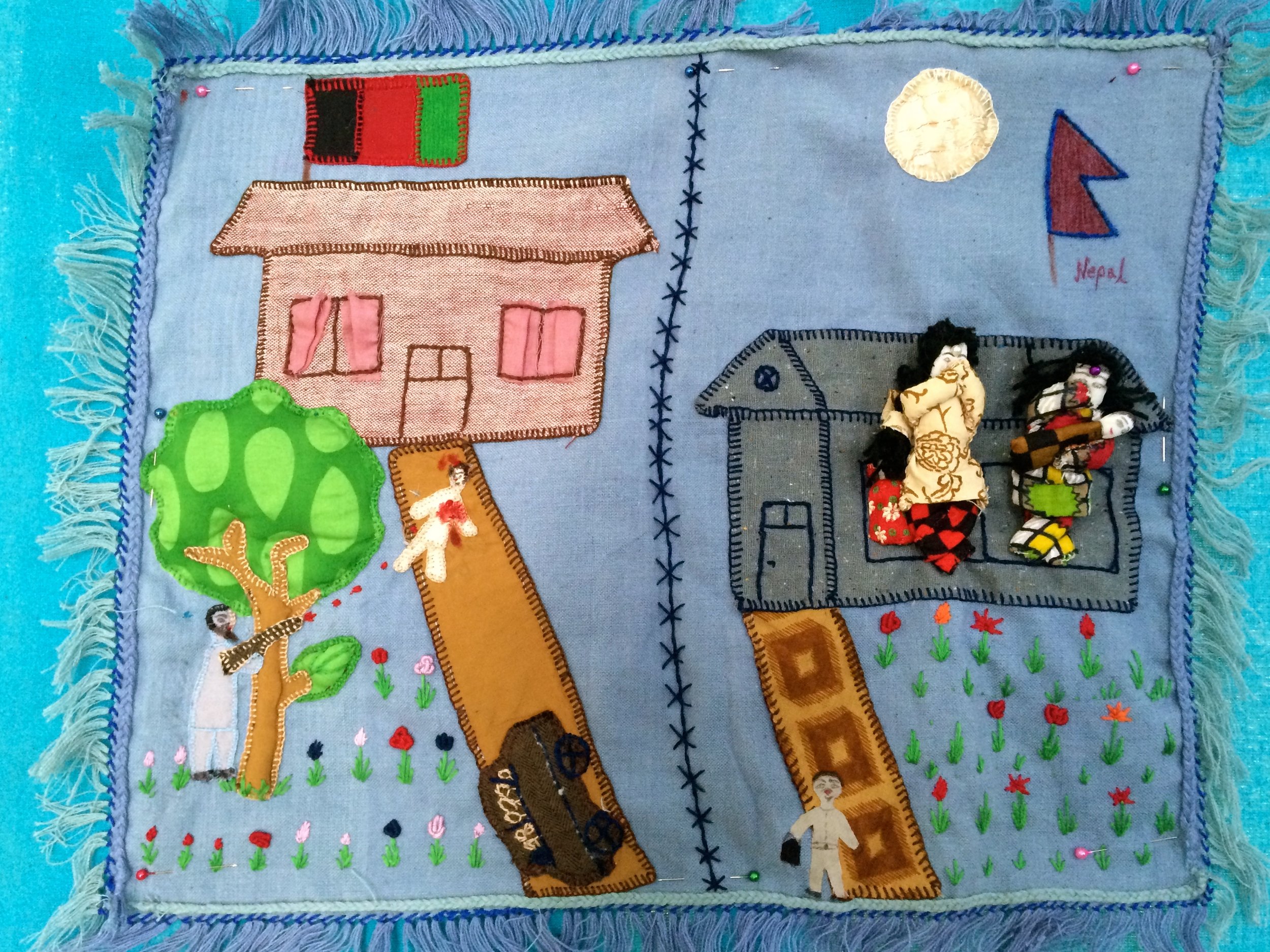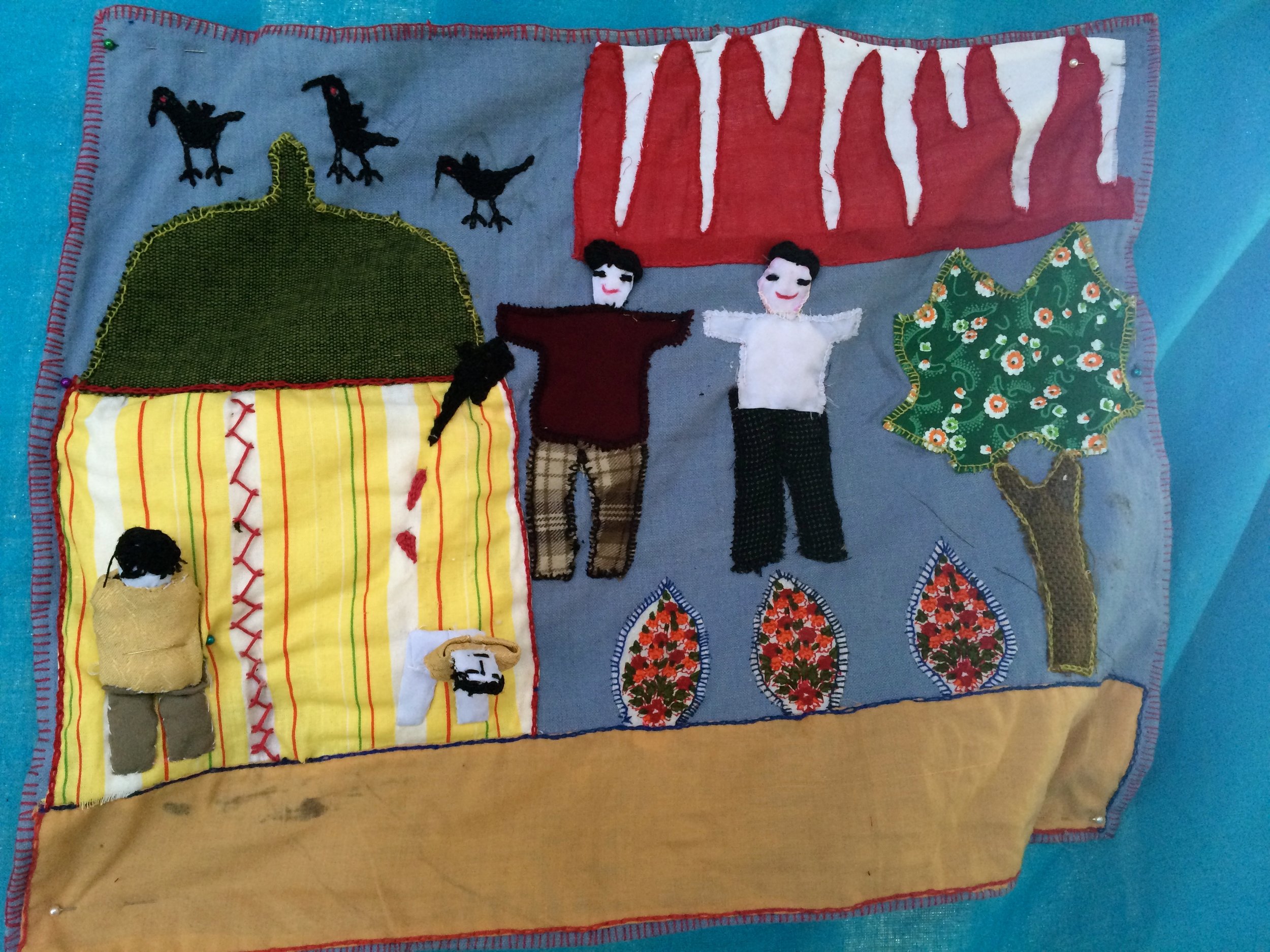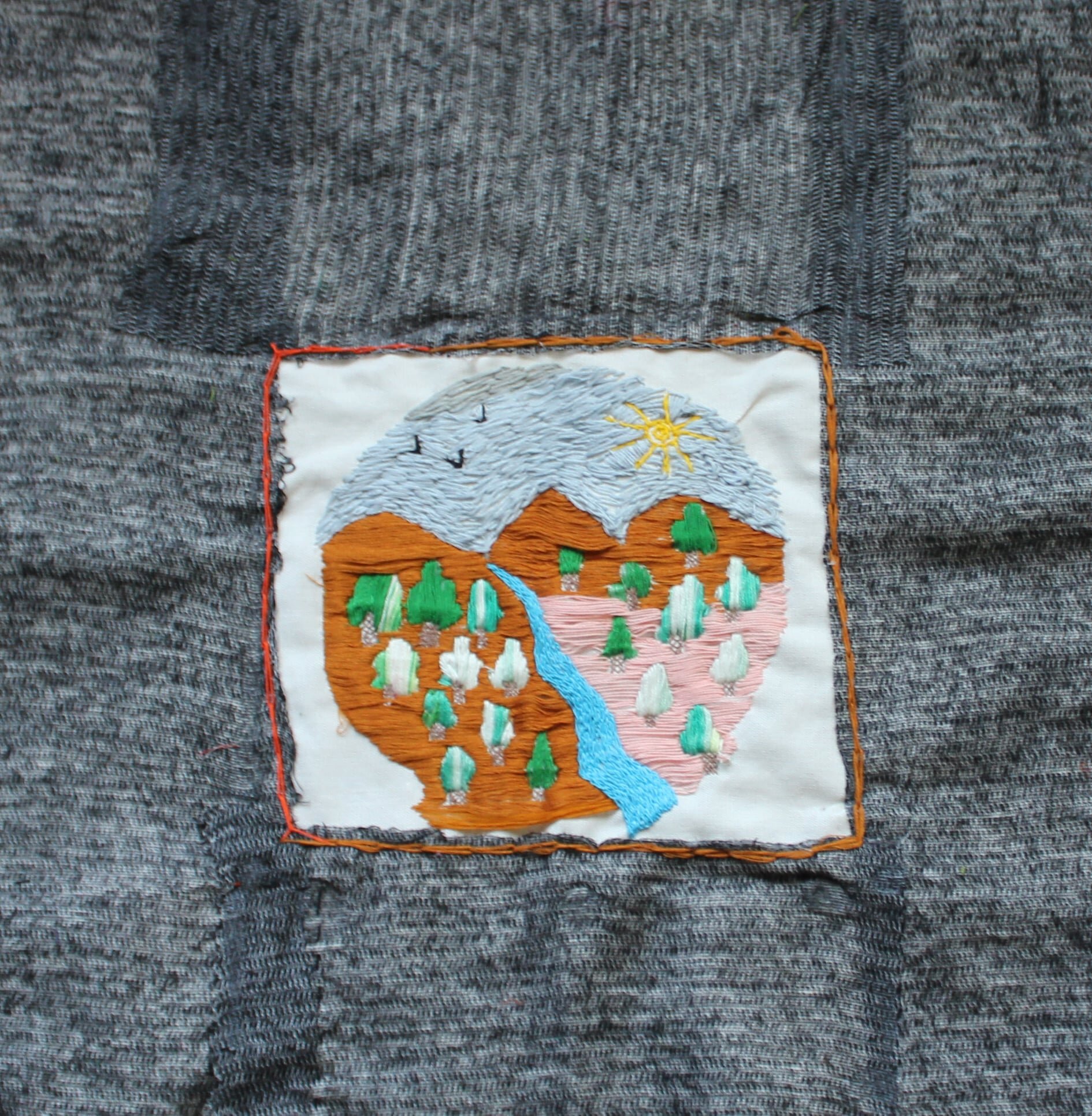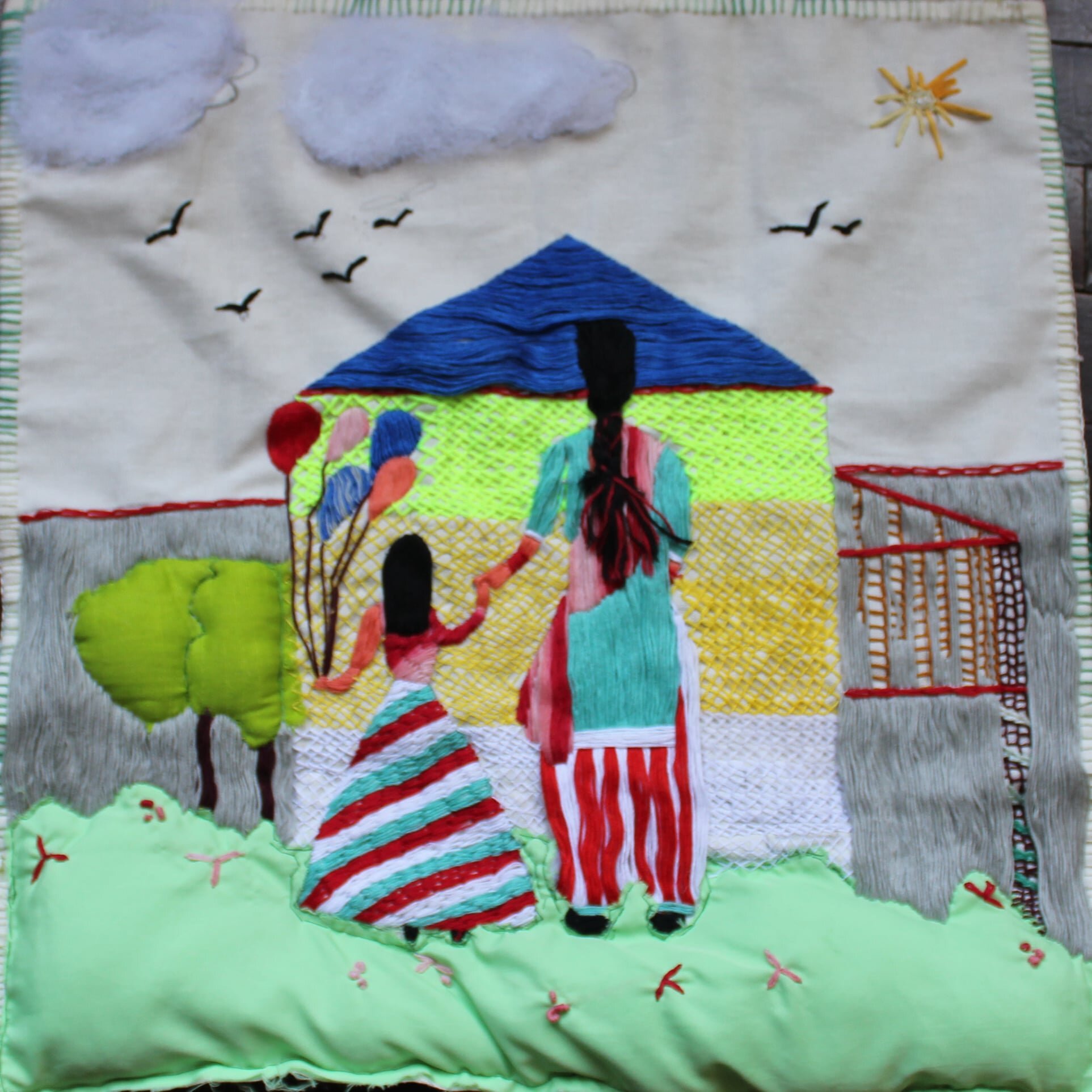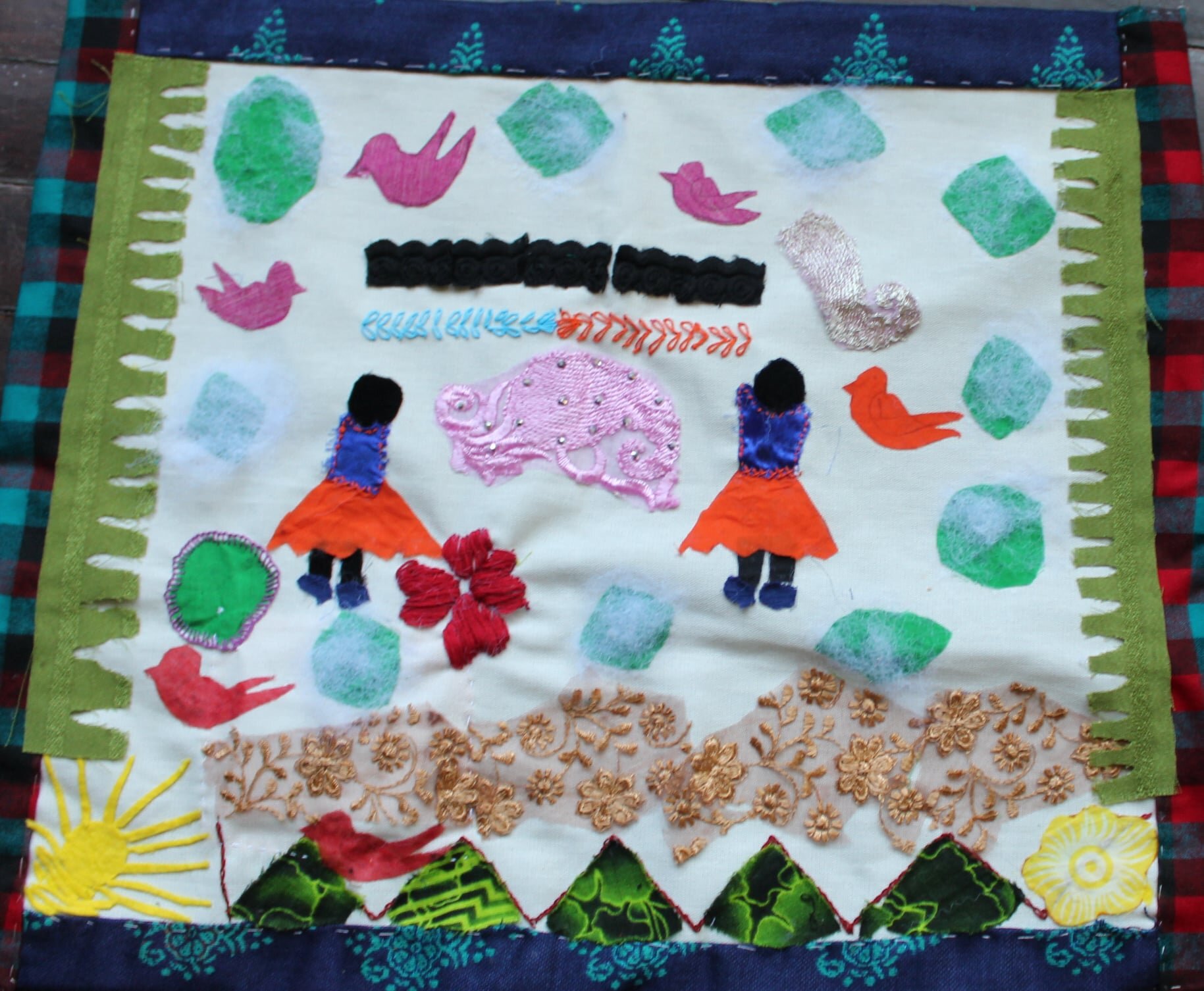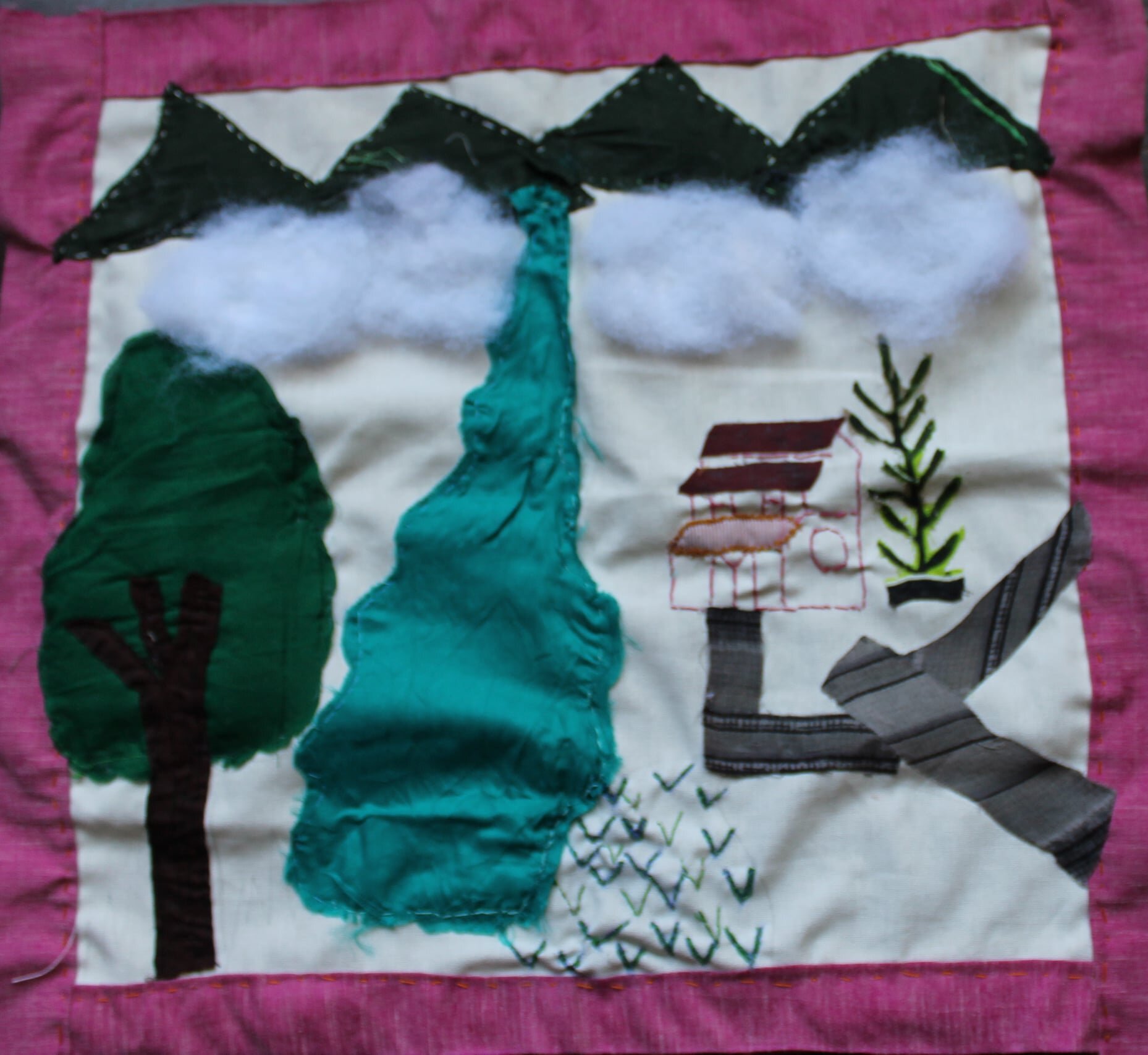Sajha Dhago is the Common Threads Project Center of Excellence in Nepal. Under the leadership of Jamuna Maharjan Shrestha, the team in Nepal has exemplified effective capacity building, adapting the program for their communities, developing a high level of expertise over time, and taking full leadership of the program.
“I used to feel weak, now my anger is in control, I take care of myself. I used to feel worthless but now I feel very hopeful towards the future.”
Background
Common Threads Project Nepal began in 2014, serving women who fled to Nepal as refugees from Pakistan, Afghanistan, Iraq and Bhutan.
The program was subsequently adapted to serve survivors of the 2015 earthquakes, domestic violence, sex trafficking, and widows.
OUR WORK TODAY
Since 2014, over 50 facilitators have trained in the Common Threads methodology in Nepal and more than 300 survivors have progressed in their healing journeys. This includes refugees fleeing violence, survivors of human trafficking, domestic violence, and members of the LGBTQI+ community who have faced persecution.
In 2022, the team of therapists formed an independent non-profit, Sajha Dhago, which is Nepali for “Common Threads.
They facilitated the first LGBTQ+ circle and the first co-ed circle for teen survivors.
“We found out the importance of safe spaces for survivors of trauma through the Sajha Dhago program. And given the scale of the problem, I believe we need to think about these kinds of programs from the policy level itself.”
Inaugural center of excellence
The clinicians at Sajha Dhago have a high level of expertise in the intervention. With years of experience and specialized knowledge, they have embedded the Common Threads methodology into their regular service provision and train others in its application.
In June 2022, CTP and Sajha Dhago co-led two intensive trainings. Among the new cohort were former program participants who are now becoming facilitators themselves.
A Process of Empowerment
Throughout the development of our Nepal program, there has been an active process of empowerment.
Former participants have gone on to become facilitators, using their experiences to help others in similar situations. During the 2015 earthquakes, healing circle participants shared their self-regulation skills with others in the community.
“Since 2015, from refugee to Nepali women’s groups, 5 participants are involved as full facilitators in Nepal in difference circles. With each circle, they have expressed feeling more and more healed themselves.”
